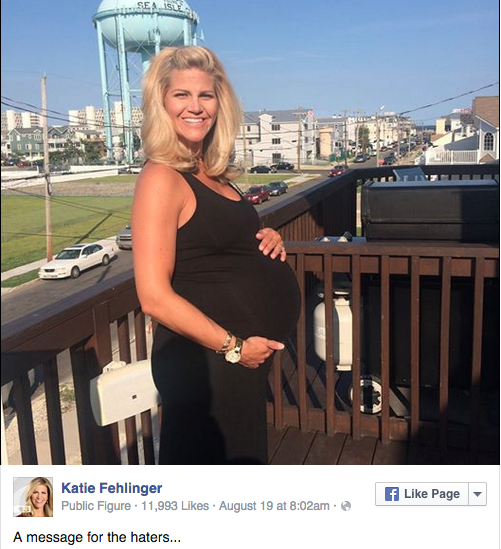

A June report from the Center for Countering Digital Hate, a group that aims to counter disinformation online, found that 1 in 10 Google search results for abortion services - "abortion clinic near me" and "abortion pill" - in the 13 states with so-called "trigger laws" lead to websites of pregnancy centers. Experts note an increase in calls could be the result of internet searches that bring pregnant women looking for abortion clinics to the websites of crisis pregnancy centers instead. Like most centers, the Center for Pregnancy Choices does not refer patients to abortion providers. "That's a real message that's being shared, 'how to make it easier for people to get abortions.' It's not the only option they have." "We don't want women to think abortion is the only solution to unplanned pregnancy," Smith told CBS News.


Wade, the landmark decision that legalized abortion nationwide, the pregnancy centers - particularly in Republican-led states - have seen an uptick in interest from their communities and an opportunity to grow their resources. And since the high court's conservative majority struck down Roe v. Some provide limited medical services such as ultrasounds. The centers, many faith-based, offer pregnancy tests, counseling and resources like clothes, diapers and parenting classes. Known as crisis pregnancy centers, there are more than 2,500 of these facilities in the United States, and they vastly outnumber Planned Parenthood facilities, according to an analysis from the Charlotte Lozier Institute, the research arm of the anti-abortion group Susan B. Washington - The Supreme Court's decision last month nullifying the constitutional right to an abortion has opened a path for organizations that aim to dissuade women from having abortions to expand their operations, especially in states that have banned the procedure or restricted access, prompting their few abortion clinics to shutter.


 0 kommentar(er)
0 kommentar(er)
